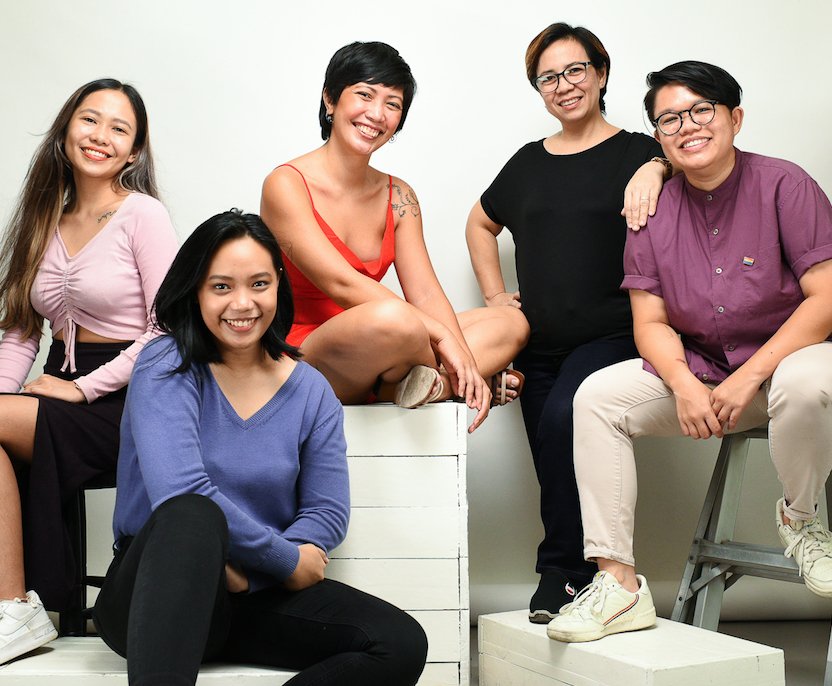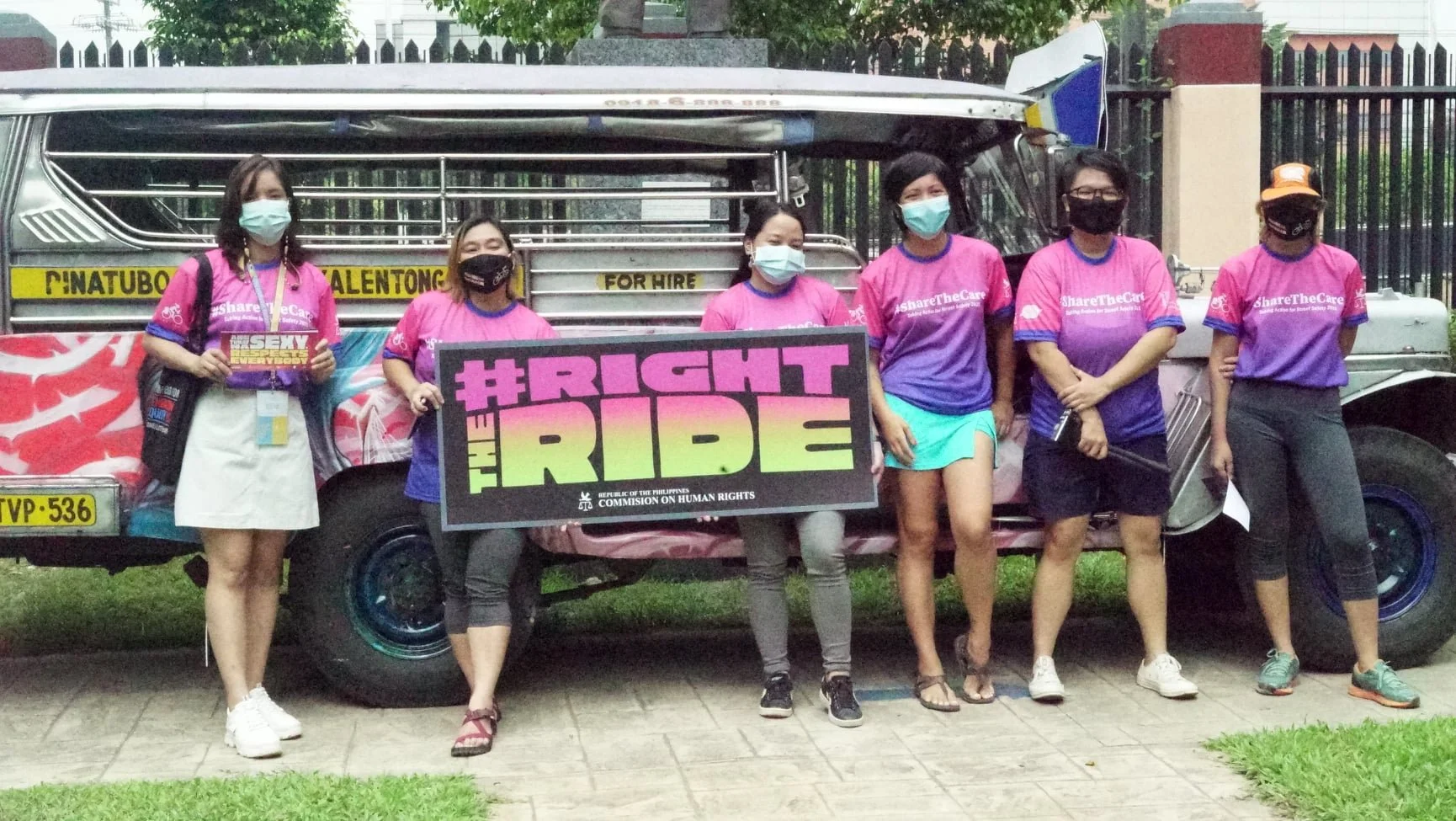Sabrina Gacad: Unmuting The GBV Conversation
Gender-based Violence (GBV) is a muted issue cloaked in fear. Stigma and shame are often the reasons victims keep mum and suffer in silence. Speaking up may make their situation worse since most of their abusers are usually people close to them at home, their workplace and their community.
Sabrina Laya Gacad unmutes the silent button to listen to the abused. She founded Lunas Collective, a non-judgmental chatline dedicated to GBV survivors in the Philippines, during the Covid-19 pandemic lockdown when there was a dramatic spike in GBV cases. The long quarantines made it impossible for the abused to escape from perilous situations when they were living at home with their abusers or perpetrators.
“Gender inequality creates unique, personal experiences of vulnerability and marginality. It is not always easy to talk about personal experiences. There is a lot of stigma and shame around gender and sexuality,” she says. Keeping these traumatising experiences bottled up has consequences. They feel bad about themselves. They feel small and powerless.
Sabrina Laya Gacad, Founder of Lunas Collective
GBV is violence directed against a person due to his/her gender, or violence that affects persons of a particular gender disproportionately. Discrimination, assault and harassment come in the form of physical, verbal, emotional, psychological, sexual, socio-economic, domestic violence or in intimate relationships. Any of these can gravely impact mental health that include depression, anxiety, posttraumatic stress disorder, substance abuse, eating disorders, sleep disorder and suicide. It can also result in chronic physical conditions such as cardiovascular diseases, high blood pressure and digestive problems.
“Often people send us a message because they have no one else to speak with, so our role is something like ‘step zero’ so people can find care and take action to ensure their own wellbeing,” she says.
“We want people to know that, whatever they may be going through, someone is willing and ready to listen to their stories, and support them in achieving their idea of safety, freedom, or well-being,” continues Sabrina, who currently holds the position of Assistant Professor, Chair, Department of Women and Development Studies, College of Social Work and Community Development, University of the Philippines.
Lunas (pronounced loo-nas) is a Pilipino term for relief or solutions. Lunas Collective’s survivor-centric care is all about taking the side of survivors and amplifying their power, even if they feel restricted and limited, in defining their needs and figuring out resources and services that can help them heal from their ordeal and achieve their goals in the long term.
GBV is a devastatingly pervasive societal malady that, globally, “almost 1 in 3 women (30%) fifteen years of age or older have experienced physical and/or sexual violence from a male intimate partner or sexual violence from a non-partner, at least once in their lifetime.” (source: WHO, 2021)
The United Nations declared GBV a serious violation of human rights and a life-threatening health and protection issue. It is a complex problem that requires collaborative work between several private and public entities to find solutions.
Weekly Sparks listens to Sabrina’s determination to keep the “care conversation” going. She believes that, contrary to the stereotypes, victim-survivors are not powerless. They just have very limited power. It is the responsibility of institutions and those with more power to acknowledge survivors’ dire circumstances and work with them to attain safety, justice and healing.
Motivation and influences
Sabrina: I grew up experiencing many restrictions to being a girl. While my opportunities were never limited by these, I have consistently received criticism that the activities I enjoyed, the friends I kept, the attitudes and fashion I explored, the romance I sought, were not “appropriate” for girls “like me.”
I get this drive for freedom from my dad. He showed me how to develop individuality and independence from all the criticisms and restrictions. He also encouraged me to be fearless, seek adventures and learn about myself as I learn about the world and others too.
At some point, I worked in political affairs and how politics and legislation can improve social inequality, and achieve social justice. I was active during the latter part of the campaign for the Reproductive Health Law (RA 10354). I enjoyed how the feminist movement in the Philippines were really pushing the public and legislators to respect people’s right to safe and satisfying sex, the right of women and mothers to determine the size of their families, the right of all to sexuality education and health services.
I’m lucky to have a combination of formal education and life experiences that I can draw from to create innovative experimental solutions to wicked (or hard to solve) social problems. I enjoy defying norms related to gender and other forms of inequality, and I am happy supporting people in exploring and/or experiencing different pleasures in their own bodies. I find all these empowering and inspiring.
As I go deeper into discourses about gender and sexuality, and inequality in people’s experiences of pleasure and power, I find many inspiring people, ideas and relationships that make me feel like I am where I need to be.
Survivor-centric care
Sabrina: I started Lunas Collective wondering if there’d people needing care, and if people would be interested to learn about how to support other people. It was also my way of connecting to people at a time that everyone was experiencing isolation from community and loved ones due to the pandemic.
Lunas Collective is a feminist, volunteer-powered care space for people who need care for gender-based violence experiences, and people who may have questions about sexuality, and sexual and reproductive health.
First response team to all forms of gender-based violence
Social welfare, law enforcement, and public health approach these things in small, separate pieces, and it doesn't really respond to people's experience of vulnerability, it doesn't meet people where they are and it doesn't help people in defining what freedom means to them, and how to get it.
What we are trying to do is show people why care and community are the best way to respond to experiences of vulnerability and marginality, and also change people’s hearts and minds in the process
Our primary focus is to promote care as the first response to all forms of gender-based violence.
Part of our first response is to help people understand their options, and from which local authorities and service providers they can get support for safety, law enforcement, health and legal consultations. If their concerns require more than psychosocial first response, we also offer feminist peer counselling.
We operate a helpline on Facebook and organise learning sessions about feminist care and how every person can contribute to the well-being of people they care about through care conversations.
Our team is around 15 to 20 vollies [volunteers] each month. We’ve onboarded over 200 volunteers since March 2020. We also take care of our volunteers’ mental health. It is always our practice to check in on our volunteers about their availability, their interest, their desire to continue volunteer work, and to encourage them to take a break, or stop volunteering when the work no longer fits their situation.
GBV issues
Sabrina: Intimate partner violence, people seeking care for sexual violence and harassment, and online harassment are issues we frequently hear. We also get questions about legal options for resolving cases about abuse and health care options for unexpected pregnancies.
Our main tool is empathy and care through conversation – opening a space that is private and confidential to discuss their vulnerabilities, and their desires.
We help them figure out how to grow their network of support, finding people they can trust and able to help them. We also share information about relevant services that can assist them, and offer feminist counselling when necessary. We tell people they can do the littlest of things, and it will matter.
Some of the challenges we face include fundraising. Finding funders that can support our efforts without taking our power away to drive our agenda and without overwhelming the team with too much irrational paperwork.
We also need more collaboration and partnerships. We’ve started sharing our feminist care approach with other institutions that provide support and other services to gender-based violence survivors, and are confirming that our approach is relevant to many in the GBV response ecosystem. There is a clear need to build care capabilities of GBV responders to improve our capacity to meet this need. Another area is to develop a bridge that strengthens the link between GBV prevention and pleasure-affirming sexuality and reproductive health education.
Lunas Collective x CHR Ride The Ride (Nov 2022)
There’s no single factor that can explain GBV. The consequences, however, are devastating with life-long repercussions for survivors, and even lead to death.
Lunas Collective’s empathetic, non-judgmental approach meets the practical and emotional needs of survivors. Switching off the mute button is the first step to healing their trauma. Oftentimes, all it takes is someone who cares to listen to save a life.
Debbie | ws
Images: Lunas Collective
Send message to facebook.com/LunasCollective free service helpline from 1:00 – 7:00 pm, Monday – Saturday | For collaboration and learning sessions: lunascollective@gmail.com






